What does investor’s technical supervision involve in the Metropolis project and what benefits does it offer?
Investor’s technical supervision monitors the quality of construction work, its conformity to the approved design, applicable technical standards, regulations and the principles of best practice drawing on the many years’ experience of our colleagues.
We are providing Mint Investments a comprehensive package of services for Metropolis, in which investor’s technical supervision is a part along with project management, cost management, management of the design documentation, customer change management and local support for Mint.
There are three fundamental parameters that we track and systematically supervise in all our projects: time, quality and costs.
How would you assess the construction of Metropolis in terms of time, money and quality?
The project has been extremely dynamic right from the beginning, when it was necessary to prepare the land for construction in a tricky location, and we could not predict with certainty what we would find in the ground. Neither the planning nor supervision of this phase of the project were straightforward tasks. We keep an eye on developments in world markets, inflation and the conflict in Ukraine because these are all factors that could have a significant impact on the overall project. The project team, including representatives of the investor, works intensively to ensure that all risks and problems that arise are dealt with in time and without interruptions, to prevent unnecessary delays or cost increases in the project.
You mentioned local support for the developer. What does that involve?
Project management can involve a wide range of activities and the final selection always depends on the needs of the situation and the specific project. Mint is based in Prague so their team cannot handle certain things in person in Bratislava and they need assistance with local communication and coordination. This local support includes communication with the city, our suppliers, workers on site, neighbours and realtors. The important thing is to be able to support the client in everything that affects the project at its location.
At what stage did Grinity enter the project and how do you view your cooperation with Mint Investments?
We joined the Metropolis at a time when the design documentation was being finalised. We were thus able to contribute our experience through comments and proposals to optimise efficiency in construction and operation of the building. Mint Investments is an experienced and prudent company that knows why it invests these services, understands their benefits and knows how to appreciate added value. We have excellent cooperation with their staff because they pay attention to the benefit of future customers in all aspects of the project and seeks to ensure the long-term satisfaction of their customers. If an opportunity should arise, I personally would be glad to work with Mint on other projects.
How big is Grinity’s team for Metropolis?
At present Grinity has a seven-member team assigned to the project. Three people are working on investor’s technical supervision, one is responsible for managing the design documentation, a colleague is supervising OSH compliance and another colleague is overseeing project costs. I am the project manager so I am responsible not just for coordination with my internal colleagues but also the project’s external stakeholders. These include the investor, the primary architect, the general contractor, marketing, sales and so on.
At the moment, the main tasks are carpentry, binding and concrete work for monolithic construction. On site, our colleagues’ main tasks are the acceptance of reinforcement, quality control and OSH compliance. Later, we will add specialists for various systems in the building such as sanitation, HVAC (heating, ventilation, air conditioning) and electric wiring. Overall, there will be around 10 people. As the building grows, the team structure and the level of involvement of the individual specialists will change. The team structure varies from project to project depending on what services the client orders from us.
What are some of the challenges you often encounter in building projects in Bratislava?
As I mentioned earlier, it is ideal if the investor contacts us while they are still deciding whether to embark on a project or when they are preparing design documentation. At this stage, we can assist in the planning to optimise the project schedule, costs and quality. We can also recommend technologies that are cost-effective for the end customer, but also have attractive technical characteristics. The later we get involved in a project, the harder it is to optimise certain processes. This can lead to delays or higher costs for the investor.
More experienced developers and international firms are aware of the added value that professional technical supervision and project management can provide so they use they services automatically, regardless of the scope of the project. They want a standard structure for their project team.
Which foreign developers have you worked with in the past?
My recent experience includes cooperation with an international firm that is a leader in the field of e-commerce. I managed an extensive project for this company to develop a new headquarters in Bratislava with a total area of 18,000 m2. Right from the start, the client knew that they would need project management, investor’s technical supervision and cost management. We had to work at an extreme pace but thanks to a well-organised project team and the investor’s flexible and prompt responses, we were able to hand it over to the client on schedule.
Another international client was an important manufacturer of network hardware that was enlarging its offices in Bratislava. The size of the new premises was around 500 m2, which makes it a relatively small project, but the client knew from the beginning that even on this scale, they would need project management, technical supervision and someone to keep costs down. This kept the usual structure of the project team and the client appreciated the value provided by our services.
What other services do you provide for developers and investors in construction projects?
Besides the services that I’ve already mentioned, our company has a dominant position in the Czecho-Slovak market for services related to acquisition like TDD (Technical due diligence) a EDD (Environmental due diligence), which are technical and environmental audits of buildings and land that a client is thinking of purchasing. Another established service that we provide all over Europe is consulting from our “Green Team” for building certification under LEED, BREEAM, Well Being etc. Recently, we have begun working on issues related to ESG.
Any discussion of our portfolio of services should not overlook construction management, and the preparation of planning documents. We are also able to offer our clients engineering services, professional consulting, and assistance in obtaining permits and opinions from the competent authorities.
What are your favourite activities as a project manager for Metropolis?
I enjoy all my activities in all my projects – each of them is a challenge for me from start to finish. I never have two days the same at work and every phase involves different problems and situations. I think it is more or less the same for my colleagues. This is the sort of job a person can only do if they are passionate about it.
Metropolis is certainly a very interesting project, especially as regards its architecture, which will be unique in the downtown zone. It is a complicated project in its design and technical aspects, so it is an interesting challenge to plan it out properly and make sure that the finished building looks good and works correctly.
What skills should a good project manager have?
It is a job that demands enthusiasm and the appetite to deal with daily challenges. A project manager also needs a certain level of professional knowledge, especially in management, because the priority task is managing people and processes. They should also have experience of various types of complication so that they can plan and respond appropriately. They need to be creative to find solutions. It is also vital to have basic management skills like communication, consistency, patience and assertiveness.
Technical supervision also demands education and experience in the relevant area. People who want to work in this field should have long and broad experience in the construction industry and outstanding knowledge of all its aspects. Nowadays, clients expect technical supervision to excel in both technical and management skills.
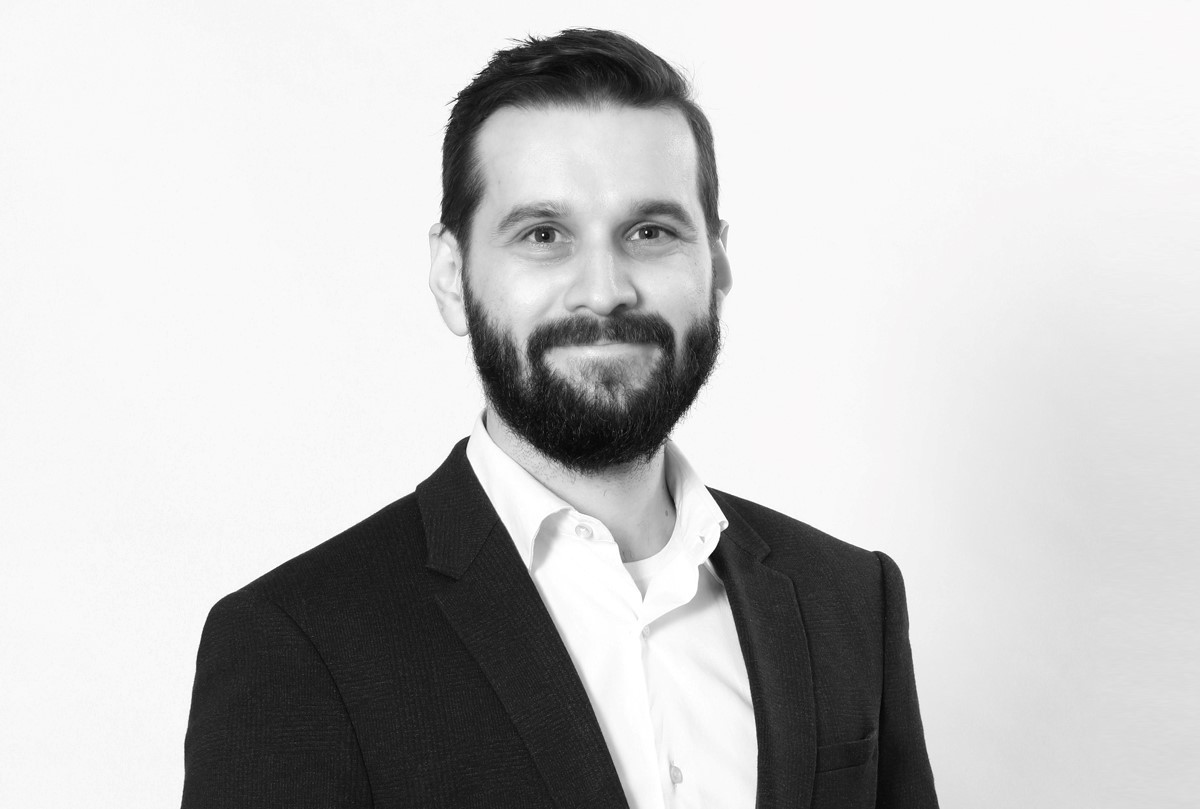
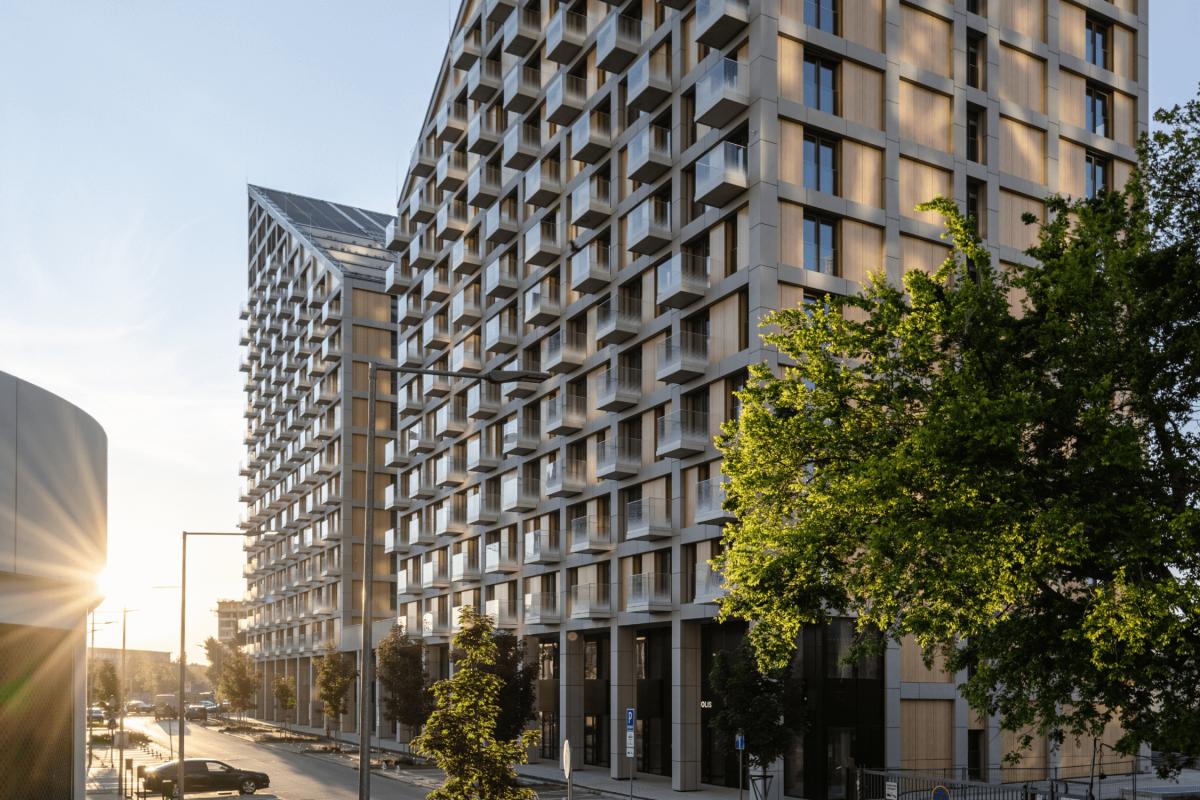 Metropolis: A Symbol of Modern Bratislava
Metropolis: A Symbol of Modern Bratislava
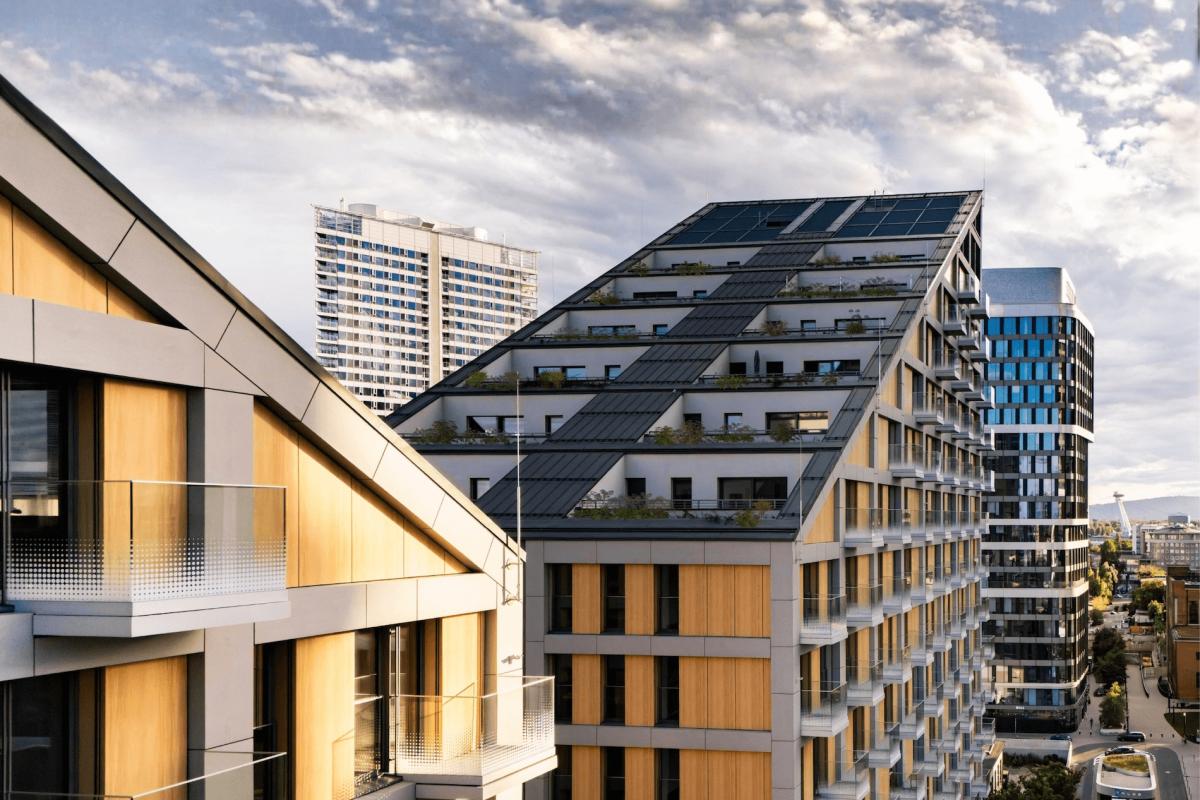 Top New Development of the Year? The Winner Is Metropolis in Bratislava
Top New Development of the Year? The Winner Is Metropolis in Bratislava
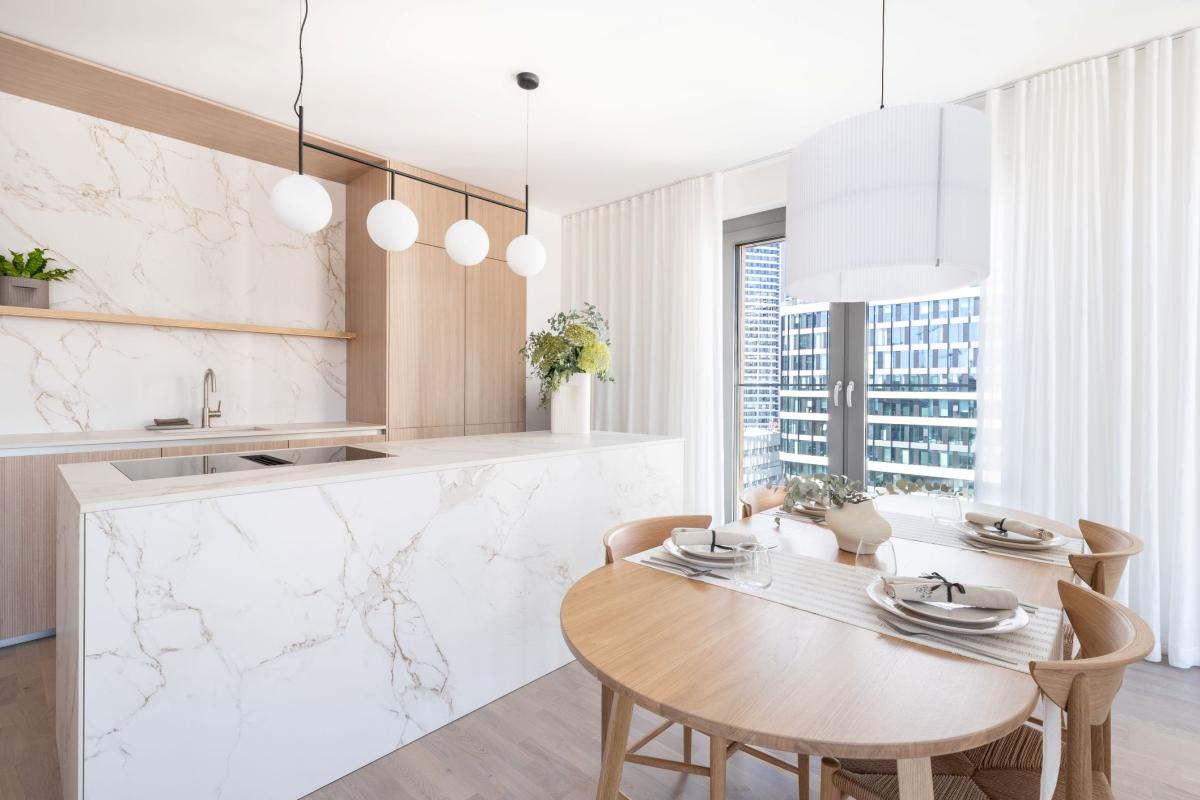 Bratislava as a Central European gem, where Metropolis offers a luxurious and secure home, a reliable investment, a prime address, healthy living and modern technologies.
Bratislava as a Central European gem, where Metropolis offers a luxurious and secure home, a reliable investment, a prime address, healthy living and modern technologies.
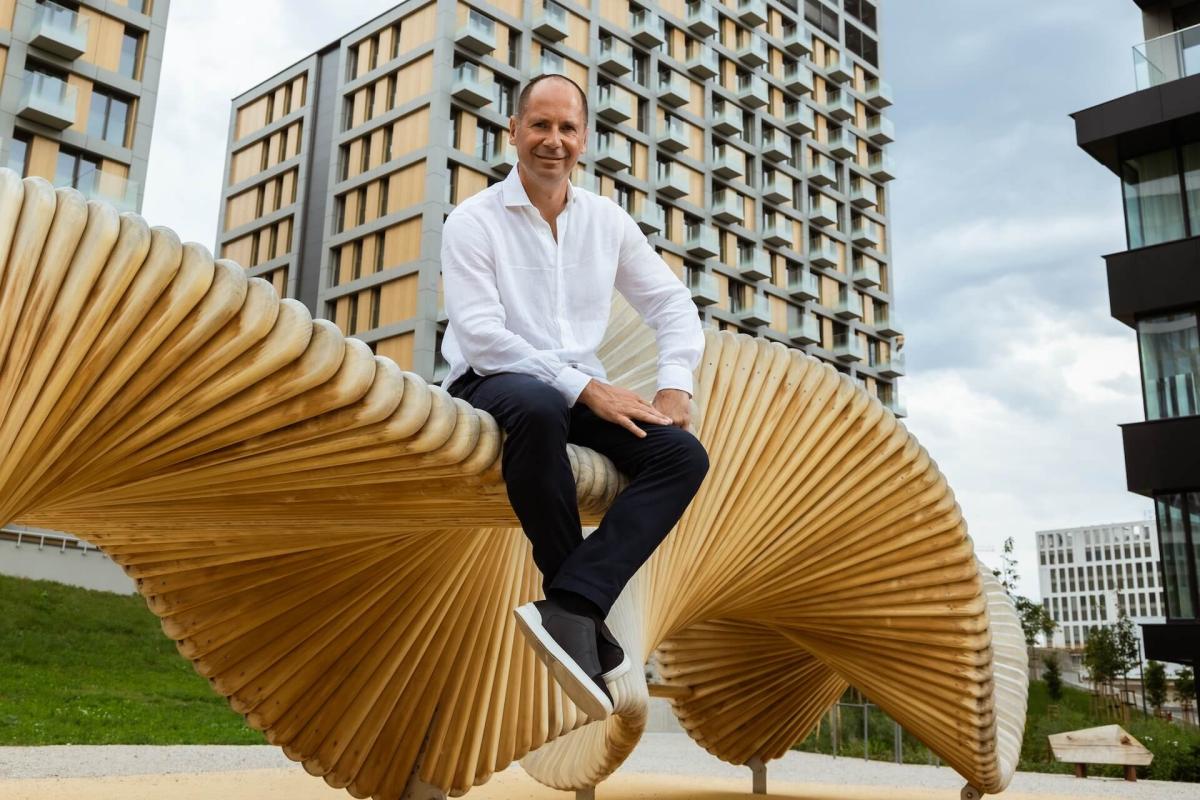 Sebastien Dejanovski: Slovak clients are more demanding than Czech clients.
Sebastien Dejanovski: Slovak clients are more demanding than Czech clients.
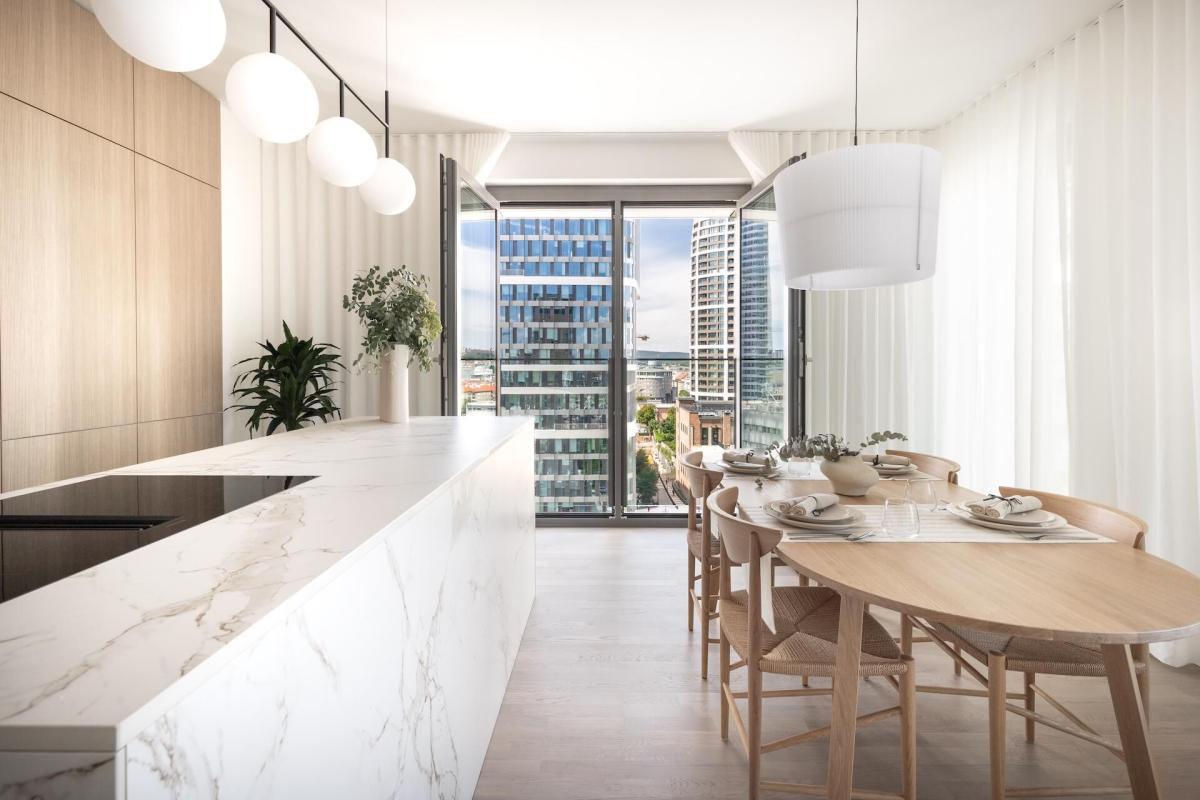 Family Living in Bratislava’s New Downtown? Buying an Apartment Pays Off More Than Renting
Family Living in Bratislava’s New Downtown? Buying an Apartment Pays Off More Than Renting
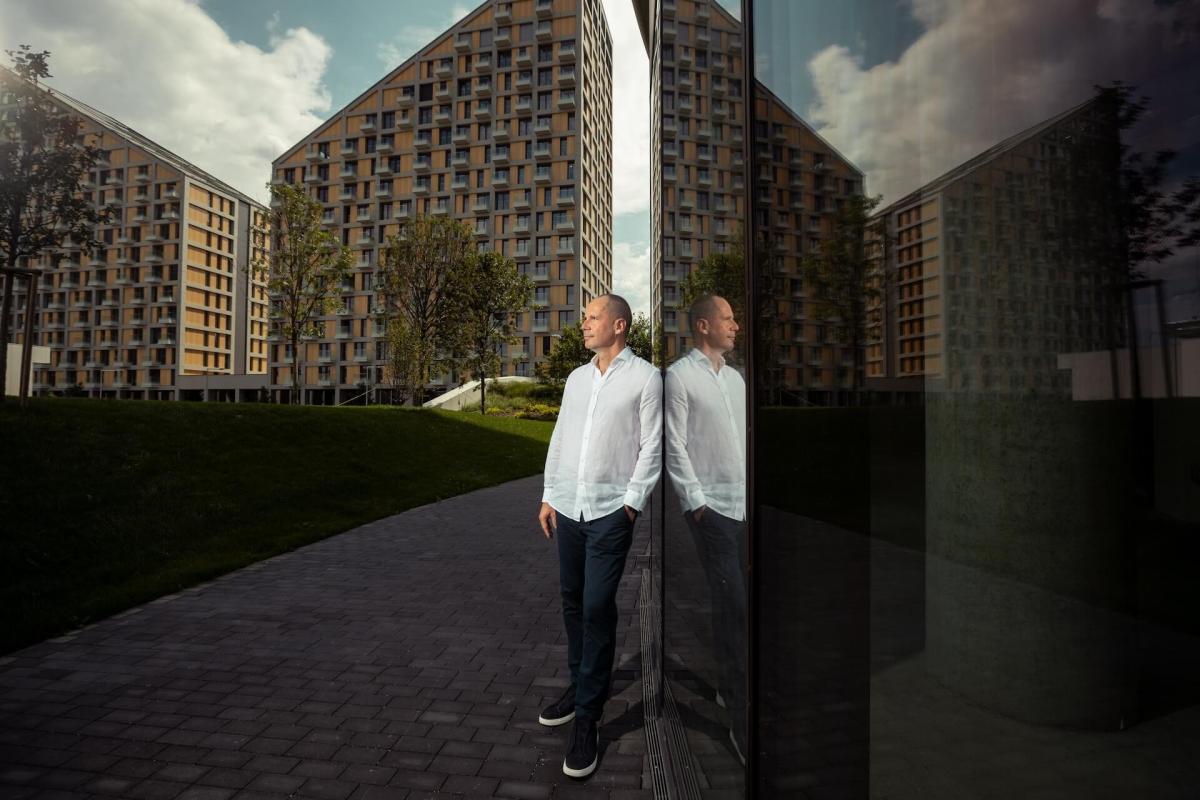 Sebastien Dejanovski: Sajfa Represents Metropolis Buyers, and We’re Open to Further Investment in Bratislava
Sebastien Dejanovski: Sajfa Represents Metropolis Buyers, and We’re Open to Further Investment in Bratislava
 Ceiling Cooling: Invisible Comfort You'll Fall in Love With
Ceiling Cooling: Invisible Comfort You'll Fall in Love With
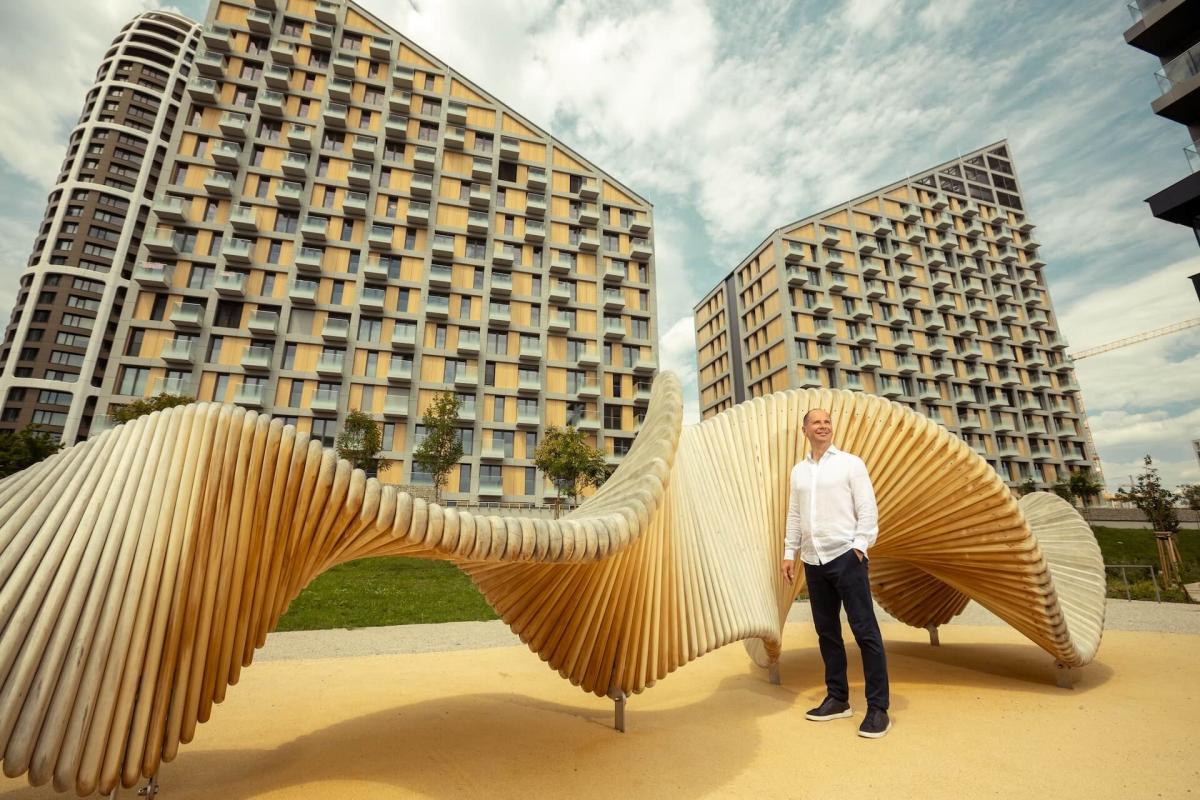 Metropolis was built with the same care and vision as if we were building it for ourselves.
Metropolis was built with the same care and vision as if we were building it for ourselves.